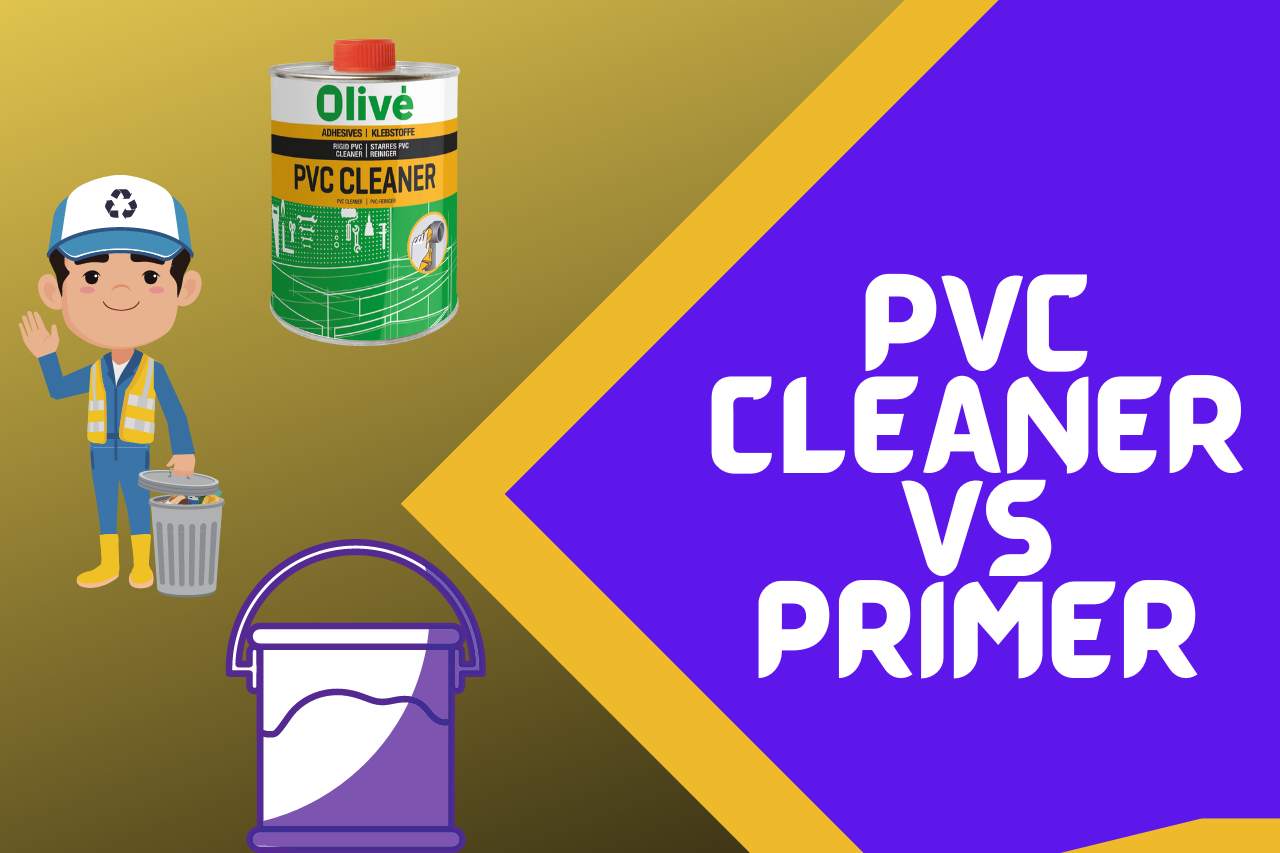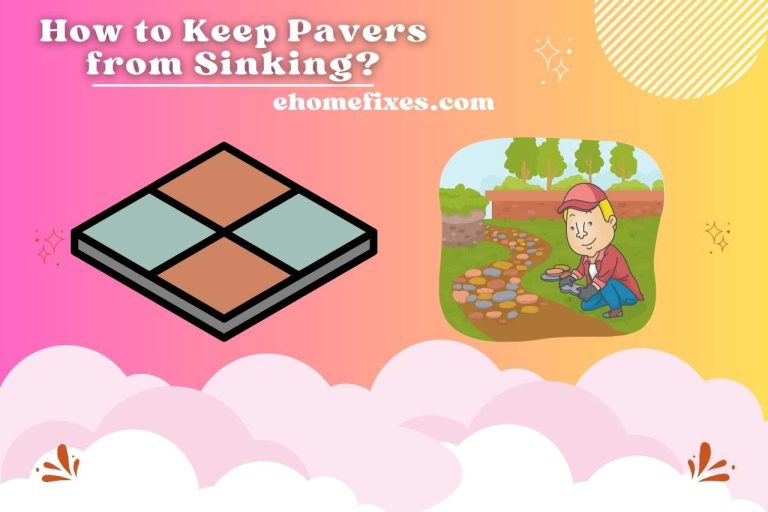PVC Cleaner vs Primer – [Features & Differenes]
A well-operating plumbing system is like a stream of happiness for a home. We all need water in our daily tasks and cannot even imagine surviving on a day when our waterlines get leakage. You all will agree that it is the worst nightmare. PVC tubing is a popularly used material in plumbing as per its non-corrosive quality. They are a great medium to carry water without decreasing the speed of the flow as per their flawless surface. There are many subsidiary materials you need to install a PVC waterline, like glue, cleaners, and primers. We will discuss the differences between PVC cleaner vs primer and much more general info in this article.
Do you Really Need PVC Primer?
Some may claim they have properly functioning pipelines with only PVC cement. But the strength of the joints could be increased at a high percentage if you use a PVC primer. The purpose of a priming fluid is to make two PVC lines connected by a melting action created by the chemicals included in it. Hence, PVC primer will guarantee the longevity of the bonds in your plumbing. You will never face leakage issues.
Some countries have enforced standards for using PVC primers in plumbing. Although there are no such codes in your state, if you want to carry fluid through the PVC lines you install, the technicians suggest that using a primer will satisfy your needs the most.
What is the Difference Between PVC Cleaner and Primer?
PVC cleaner is the agent that clears the way for primer and glue. A cleaner will wipe out all the dirt, dust, debris, printed letters, and grease on the outer surface of the PVC tubing. It provides an even and smooth surface for the fitting done with a primer later on.
Ideally, a piece of cloth will be enough to apply the cleaner. You have to wet the cloth with primer and rub the PVC lines. Most importantly, you must ensure the area you use the PVC cleaner is well-ventilated. This is because some people may face dizziness or breathing difficulties when inhaling the chemical fumes.
PVC primers are solvents used in joining two pipes. The job of a primer is to soften the surface with its chemical reactions where the glue is going to be applied. This softening makes a perfect retightening when you add PVC cement. When the surface is soft, glue or the cement solution will be attached tightly, making no escape in water transmission. Primer also has a cleaning property that wipes out grime.
You cannot use a PVC cleaner in place of a PVC primer. Because the two have different tasks. A cleaner can make a PVC tube suitable for joining but does not have a softening property.
What is PVC Primer Made Of?
Acetone and Cyclohexanone are the major compositions in a PVC primer. Sometimes there may be Tetrahydrofuran and Methyl-ethyl ketone, depending on the product’s manufacturer.
Some technicians and homeowners try to use acetone in place of a primer. But it is evident that only acetone cannot soften a PVC surface as a primer does. Hence the bonding is not reliable as a primer-applied surface.
Before using a primer of any brand, you must read the safety guidelines first. You will have to cover your hands and legs to avoid primer contact with your skin. You also must wear a mask to avoid the entrance of primer vapor into your mouth and nose. Using goggles during the application would be adequate to avoid any irritations.
A primer is a highly flammable substance. Therefore, do not keep the container open when you do not use it. You should store it away from heat.
Does PVC Primer Go Bad?
PVC primers have an expiration date mentioned on the product label. This means a primer will be able to perform at its best before the mentioned date. Most primers will last around three years in their initial state. Three-year time is calculated from its manufactured date. Therefore, although you kept a primer unopened for over a year, it will be counted toward the product’s lifespan.
You will probably be instructed, along with the product guidelines, to store the remaining primer containers in a cool, dry place, ideally between 5°C – 37°C. There may be chemical changes in priming fluid if any temperature states are out of this range, and your primer will not be suitable to use prior to the printed expiration date. It would be best to tighten the container’s seal well when storing.
Do you Need to Clean PVC Before Gluing?
The surface needs to be rid of dirt and grease to ensure the strength of the bond created by the glue. If there is debris, the glue will not attach to the surface well. Therefore, you should clean the PVC surface to make the surface smooth and provide a strong bond.
You can buy a specialized cleaner to clean PVC and wipe the pipelines with a cloth immersed in the solvent. To make the bond perfect, you need to use a primer after a cleaner.
Some people may experience irritations and respiratory tract illnesses when inhaling the fumes of PVC cleaners. Hence, wearing safety gear is essential when you use cleaners. If you are doing an indoor project, open all the windows and turn on the fans or blowers to make the room ventilate properly.
What Can I Use Instead of PVC Primer?
Sometimes HVAC technicians tend to use acetone as an alternative to PVC primer. It is true that acetone is a base ingredient of all primers, but it is not the only ingredient. You can observe a clean surface after applying the acetone, but unlike a professionally made primer, it will make the surface less softened. Rather than the slight cost difference, think about the longevity and strength of the joint made with a primer.
PVC Cleaner vs Primer
PVC cleaner and PVC primer are two agents with separate distinct roles in plumbing. When your pipes have gotten dirty and full of oils or debris, you can use a PVC cleaner as the wiping agent. The task of a primer is to soften the cleaned surface so that the bond created by PVC cement lack leaks for several years.
Continue Exploring: More Articles to Keep You Engaged







